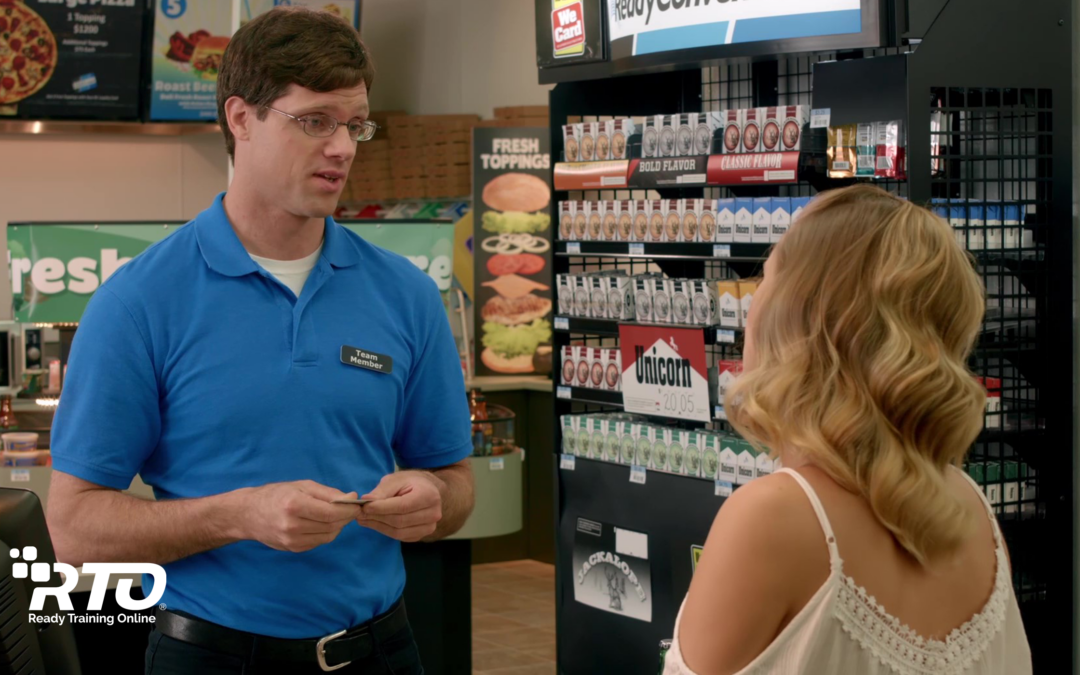Offering foodservice options in your convenience store can mean a big increase in profits. That potential reward, however, comes with potential risk. If food is served and sold on your premises, you and your staff have a responsibility to ensure that basic food safety practices are followed. If they are not, you could give a customer a foodborne illness or even be at the center of a full-blown foodborne illness outbreak.
What is Foodborne Illness?
Foodborne illness, also commonly called food poisoning, occurs when a person develops an infection or irritation caused by contaminated food. The Center for Disease Control (CDC) defines a foodborne illness outbreak as “an incident in which two or more persons experience a similar illness resulting from the ingestion of a common food.” The CDC estimates that foodborne illnesses affect 48 million people per year and result in 3,000 deaths. Approximately 800 outbreaks occur each year.
What Causes It?
There are a variety of ways food can become contaminated and lead to foodborne illness. These contamination sources are broken down into three main categories: biological, chemical, and physical.
- Biological contamination occurs when harmful pathogens spread to food and are consumed. These include bacteria, viruses, yeasts, molds, and parasites.
- Chemical contamination of food occurs when a chemical agent comes in contact with food, such as pesticides or cleaning agents.
- Physical contamination occurs when a foreign object comes into contact with food. Examples of physical contaminants include hair, fingernails, plant stalks, pieces of plastic, or fragments of metal.
How Can It Be Prevented?
The good news for food service providers is that most instances of foodborne illness can be prevented. The CDC has identified the five most common risk factors that you can manage with these actions:
- Purchase food from safe sources.
- Keep food at the correct temperatures.
- Cook foods properly to the correct temperatures.
- Clean and sanitize equipment properly.
- Ensure personal hygiene practices are followed by all employees.
The first factor may not be completely within your control as a convenience store manager, but numbers two through five most definitely are. Proper food handler training will teach your employees specific steps they must take to prevent foodborne illnesses. It’s your job to ensure training is implemented by every employee with every food order.
Online Food Handler Training
Our online Food Handler training program covers critical information employees need to safely handle, prepare, and serve food to your customers. This training is accredited by ANSI (American National Standards Institute) against the ASTM E2659-09 standard. Click here to learn more.





